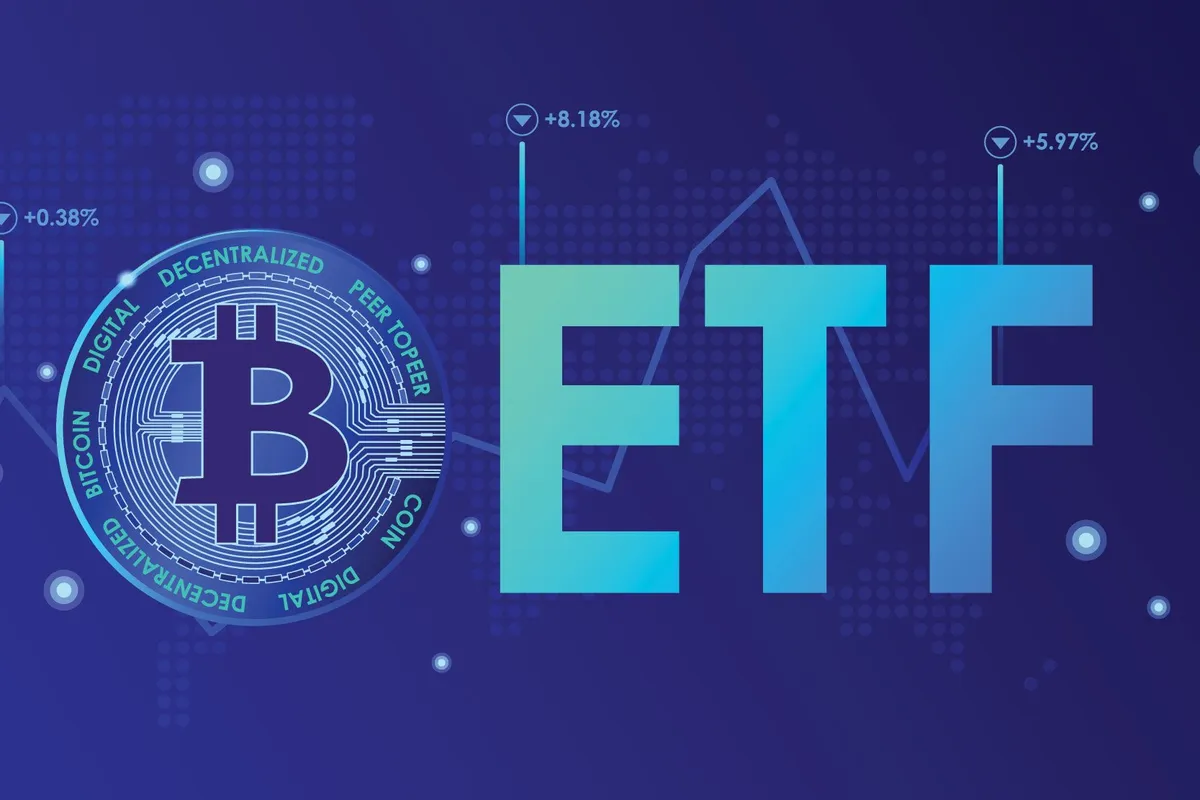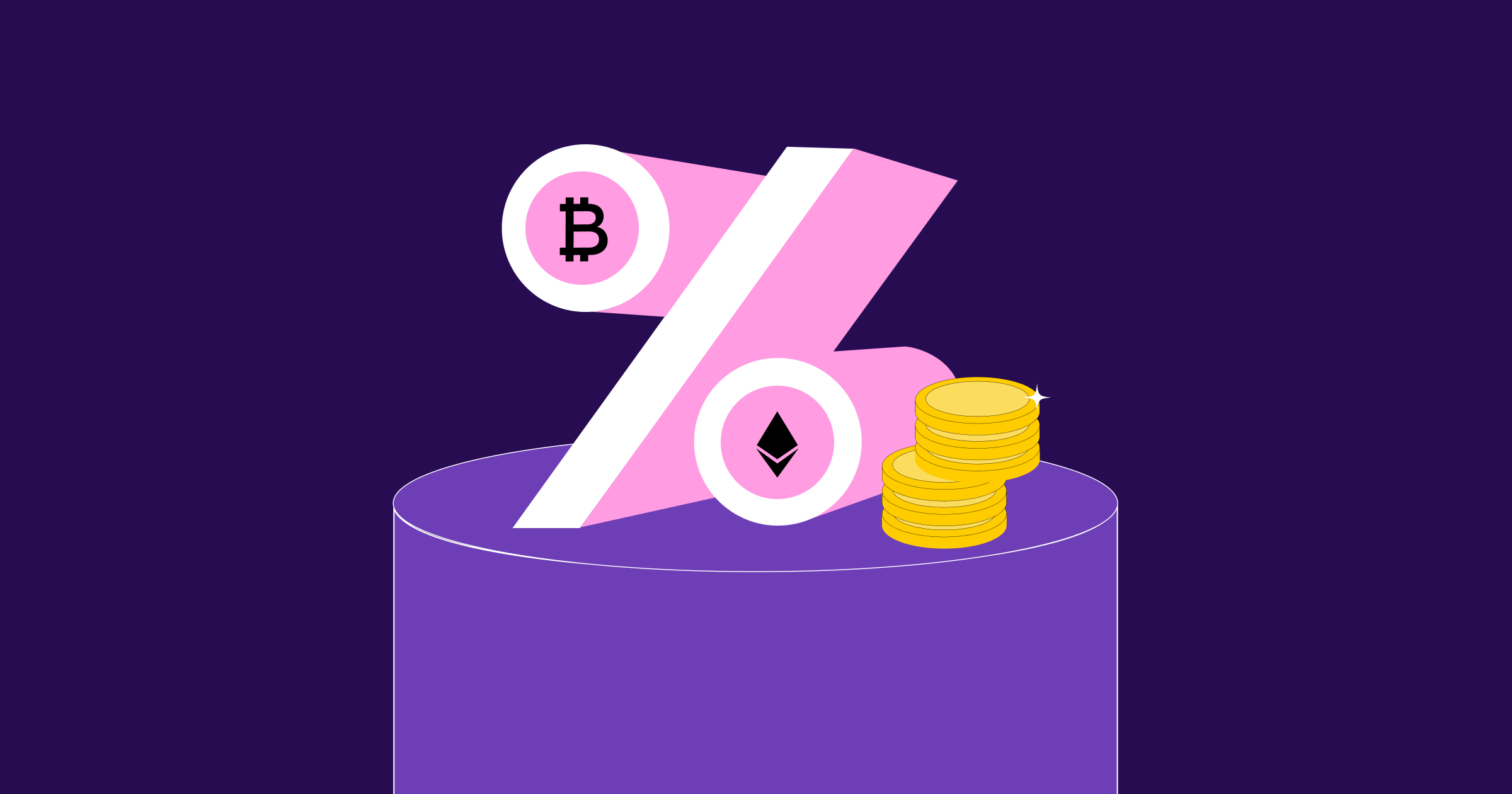ETF gains sound simple, but crypto ETFs hide a surprising twist—why regulators still hesitate and what it means for your investments.
What Does ETF Stand For? If you’ve been following finance news, cryptocurrency chatter, or just overheard someone bragging about their “ETF gains,” you’re probably wondering: What exactly is an ETF? Let’s cut through the jargon and get straight to it.
ETF stands for Exchange-Traded Fund. In plain English, it’s a type of investment fund that’s traded on stock exchanges, kind of like buying and selling shares of a company, but instead of one company, an ETF bundles a whole bunch of assets together.
“An ETF packages together various assets — like stocks, bonds, or commodities — into one tradable share.”
— Chainalysis, a leader in blockchain analysis
Think of it this way: instead of buying individual stocks or cryptocurrencies, you get a single ticket that gives you exposure to the whole pack. This makes investing simpler and can spread out risk. You don’t have to deal with buying 10 different stocks one by one; you just buy one share of an ETF.
How ETFs Work With Crypto
Now, the plot thickens with cryptocurrency ETFs, which have captured the imagination of many investors craving exposure to digital assets without directly buying cryptos like Bitcoin or Ethereum.
There are two main types of crypto ETFs: spot crypto ETFs and futures-based crypto ETFs. The difference sounds complicated but is actually pretty straightforward:
- Spot ETFs track the actual price of the cryptocurrency itself. Buy a share of a Bitcoin spot ETF and that means, in theory, you’re buying something backed by real Bitcoins.
- Futures ETFs track futures contracts — bets on where the price of Bitcoin will be at a future date, not the actual coin.
Here’s where the fun starts. Despite the excitement around crypto, regulators have been very cautious about approving spot ETFs. Futures ETFs have gotten the green light first, but many investors aren’t all that thrilled because these futures contracts don’t always reflect the true price of Bitcoin.
“The approval of a Bitcoin ETF is key for mainstream adoption as it allows investors safer and regulated exposure to crypto.”
— CoinDesk, a top cryptocurrency news outlet
Why Does the Approval of a Bitcoin ETF Matter?
Bitcoin and crypto have been hanging around the fringes of the financial world for years, often seen as risky or speculative. An approved Bitcoin ETF — especially a spot one — signals to traditional investors and institutions that crypto is ready for prime time. It’s like getting a VIP pass to the investment club.
For example, an ETF traded on a major stock exchange allows investors to buy crypto exposure with the same ease as any stock, without having to navigate complicated wallets, private keys, or exchanges. It brings legitimacy and, let’s face it, lessens worries about scams and hacks.
According to a report by the World Economic Forum:
“The introduction of crypto ETFs on regulated exchanges could drive broader participation and simplify digital asset investment across the globe.”
ETF Jargon Without the Jargon
To sum up without using buzzwords:
- ETF stands for Exchange-Traded Fund. It’s a way to buy a basket of investments with one purchase.
- Crypto ETFs let you invest in digital coins like Bitcoin through the stock market.
- Spot ETFs deal with actual assets, futures ETFs are based on bets about future prices.
- Approval of Bitcoin ETFs is a big deal because it signals a step toward mainstream acceptance.
So, next time someone tosses around “ETF” or your social media feed floods with “Bitcoin ETF approved,” you’ll know exactly what’s going on. It’s not magic, just the financial world getting a little more interesting — and maybe a bit less confusing.





